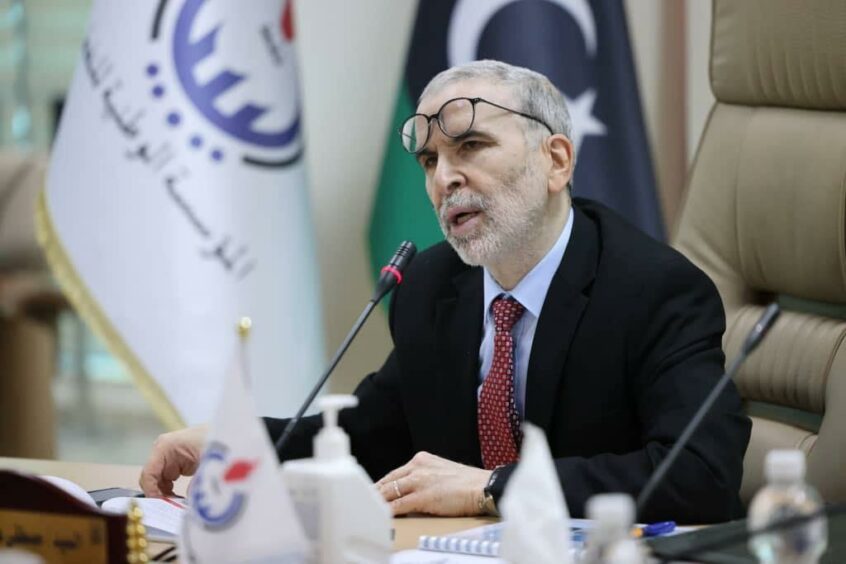
Libya’s National Oil Corp. (NOC) has declared force majeure on exports of Mellitah crude, following problems at the El Feel field, and from the port of Zueitina.
This afternoon the company updated its list of force majeure to include a stoppage at Sharara.
Groups disrupted all three sites, it said.
NOC reported that a group entered the El Feel field on April 16 in the evening and prevented workers from carrying out operations. As a result, the field shut down on April 17.
NOC is therefore unable to meet its contractual obligations. The company said it regretted the step and called for “reason and wisdom” to prevail. The oil sector should not be drawn into such conflicts, it continued, particularly given the challenges of maintaining ageing infrastructure.
NOC confirmed on April 18 that the Zueitina port was also under force majeure.
It added Sharara later on April 18.
Chairman Mustafa Sanalla said it took the decision to shutter the port, plus fields and stations, until further notice.
NOC said a group had entered the port and prevented workers from carrying out operations. As a result, they made it impossible for NOC to meet contractual obligations.
“We all have the same eye, but some politicians don’t have the same view,” Sanalla said. “The NOC has always stressed the importance of neutralizing the oil sector and avoiding the political conflicts in the country,” he said.
Sanalla called on the people of Libya to support oil exports. Libya, he said, should take “advantage of the current price boom, all with the aim of promoting the country and repairing what has been destroyed by the wars”.
Stoppages
NOC said oil production at Abuatufol, Al-Intisar, Anakhla and Nafoura, which all export via Zueitina, had stopped.
Furthermore, the Abuatufol gas plant had stopped producing gas and condensate while disruptions also occurred at Zueitina’s 103D field. The LPG plant at Zueitina terminal has also stopped.
As a result of the stoppages, power production at Zueitina and in northern Benghazi has suffered. NOC also warned of a shortage of cooking gas in the east as a result of condensates problems.
Those occupying El Feel are believed to be opposed to Libyan Prime Minister Abdul Hamid Dbeibeh’s continued leadership of the country. A new prime minister, Fathi Bashagha, was voted in by the House of Representatives (HoR) in February, but he remains unable to take control of Tripoli.
NOC has repeatedly called for the government to do more to support the oil sector. Dbeibeh set out a plan worth around $8 billion on April 13 for oil and gas in Libya. The prime minister said the country should reach production of 1.4 million barrels per day in 2022.
Updated at 11:50 am with Zueitina force majeure declaration.
Updated at 2:18 pm to note Sharara force majeure.
